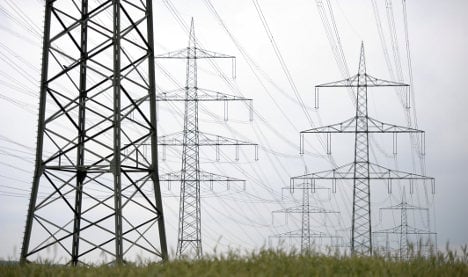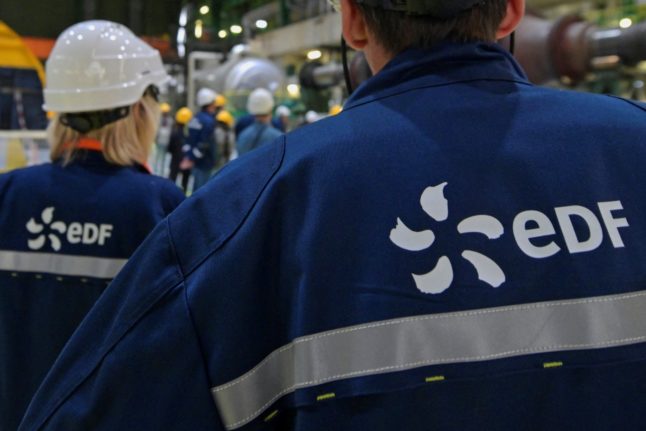The Frankfurter Rundschau newspaper said on Monday that sources at the Federal Network Agency had confirmed that 178 firms have been exempted from the power grid charges so far.
But since only 80 percent of the business applications have been processed, that number could easily rise to well over 200, the paper said.
The cost, expected to be €440 million in 2012 alone, will be picked up by consumers and small businesses.
The exemption, agreed in parliament last year following a government initiative, allows companies that regularly consume more than 10 gigawatt hours of electricity per year to skip the grid charges altogether.
The grid charges are used to cover the maintenance of Germany’s power network. These are expected to increase substantially in the next few years anyway, because of Germany’s planned energy transition from nuclear to renewable sources.
But it has now become clear that the exemptions for energy guzzling firms will cost a lot more than expected. The Economy Ministry’s initial estimate last year was at least €231 million – which would mean a three-person household would pay an additional €26 and €40 per year – while the Federal Network Agency’s own estimate rose to €300 million in December.
Now it seems even that estimate was also way too low, as it was based on the 100 or so applications that had been made then, and average consumers could end up paying up to €80 a year for energy.
This October, network operators have to release cost estimates for 2013 in agreement with the federal agency. Though no exact figures have been released yet, if the €300 million estimate turns out to be too low, the missing income will have to be made up in 2013.
In addition, the exemption will be available to firms retroactively for 2011.
Bärbel Höhn, energy spokeswoman for the Green Party, condemned the exemption, “We’re working on the assumptions that the cost estimates will at least double,” she told the newspaper. “Including the catch-up costs, consumers and smaller firms will have to pay nearly a billion euros to free more than 200 firms.”
The Local/bk



 Please whitelist us to continue reading.
Please whitelist us to continue reading.
Member comments